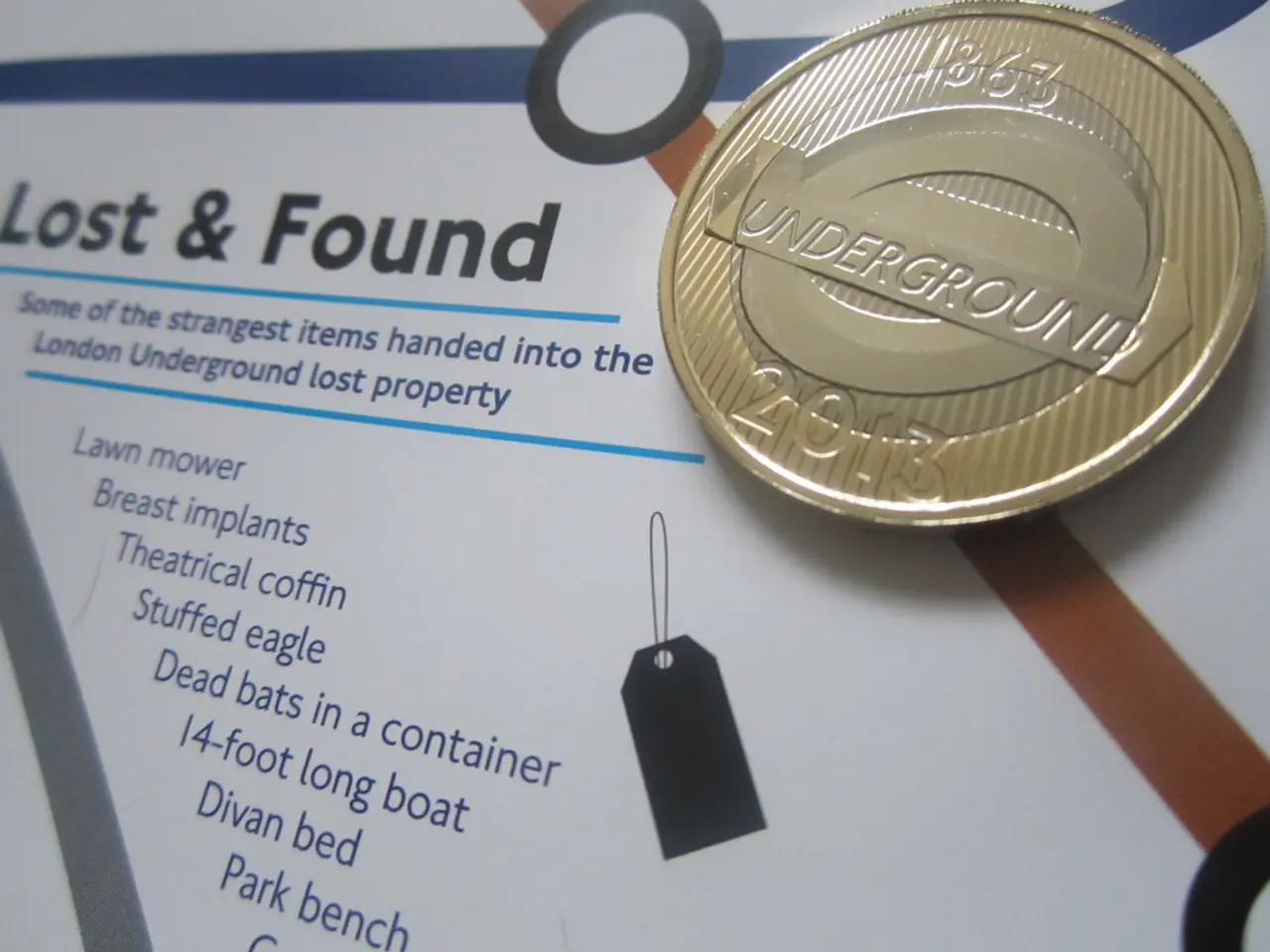Custom Liquid Toll Blending Explained and Its Target Audience Identified
Custom liquid toll blending is a service that allows companies to outsource the formulation, mixing, and packaging of liquid products to a third-party specialized facility. This service offers numerous benefits, enabling organizations to leverage expert blending capabilities without investing in their own production infrastructure [1].
Key Components of Custom Liquid Toll Blending
The process involves three main stages: formulation, mixing, and packaging.
Formulation
The design and development of the liquid product’s precise chemical or ingredient composition is the first step. This is where the product's unique formula is created, ensuring it meets the client's specifications [1].
Mixing
Once the formula is ready, the components are homogenized to achieve the required liquid blend consistency and performance. This step is crucial to ensure the final product meets the desired properties [1].
Packaging
The finished liquid product is then filled into containers suitable for distribution or further processing. Strict quality control protocols are in place to ensure the end product meets client specifications consistently [1].
Additional quality control and compliance with industry-specific standards may also be integrated into the process to meet client needs.
Types of Organizations That Benefit
Custom liquid toll blending serves businesses across several industries that require precise, scalable liquid manufacturing without the overhead of managing their own blending operations. Beneficiaries include:
- Chemical Industry: Companies producing specialty chemicals, reagents, or formulations benefit from expert handling and customized blending services [1].
- Agricultural Sector: Firms needing liquid fertilizers, pesticides, or soil conditioners prepared in controlled blends [2].
- Industrial Manufacturers: Those requiring liquids such as lime slurries, water treatment solutions, or other chemical intermediates [2].
- Personal Care Industry: Producers of shampoos, lotions, disinfectants, or cosmetic liquids needing specific formulations and sterile handling [4].
- Food Industry: Businesses requiring liquid ingredients, cleaners, or microbiological media formulated and blended to meet food safety standards [4].
Such organizations leverage custom liquid toll blending to optimize operational efficiency, reduce capital expenditures, and access technical expertise in formulation and packaging [1]. Industries like agriculture and environmental sectors also benefit from precise chemical dosing enabled by reliable blending partners [2].
Advantages for Startups and Small Businesses
Custom liquid toll blending is particularly beneficial for startups and small businesses that lack the capital or space for large-scale production facilities. This service allows them to produce their products on a smaller scale, test the market, and scale up production as demand grows [1].
Regulatory Compliance
Many toll blending facilities operate under ISO, EPA, GMP, or other regulatory standards and are equipped to handle certifications, Material Safety Data Sheet (MSDS) documentation, and safety protocols [1]. This ensures that the final product meets all necessary regulations and is safe for use.
The "Toll" Arrangement
The term "toll" refers to the arrangement where the customer pays a fee for the blending services. This fee typically covers the cost of raw materials, labour, equipment, and overheads associated with the blending process [1].
In summary, custom liquid toll blending is a specialized outsourcing service offering formulation, mixing, and packaging of liquid products tailored primarily to chemical, agricultural, industrial, personal care, and food companies aiming for reliable, scalable production with expert quality control [1][2][4].
The custom liquid toll blending service is advantageous for businesses in the financial aspect as it allows organizations to optimize operational efficiency and reduce capital expenditures by leveraging the expertise of third-party facilities in formulation, mixing, and packaging. Additionally, it caters to businesses across various industries, including the chemical, agricultural, industrial, personal care, and food sectors, ensuring precise, scalable liquid manufacturing without the need for managing their own blending operations.




